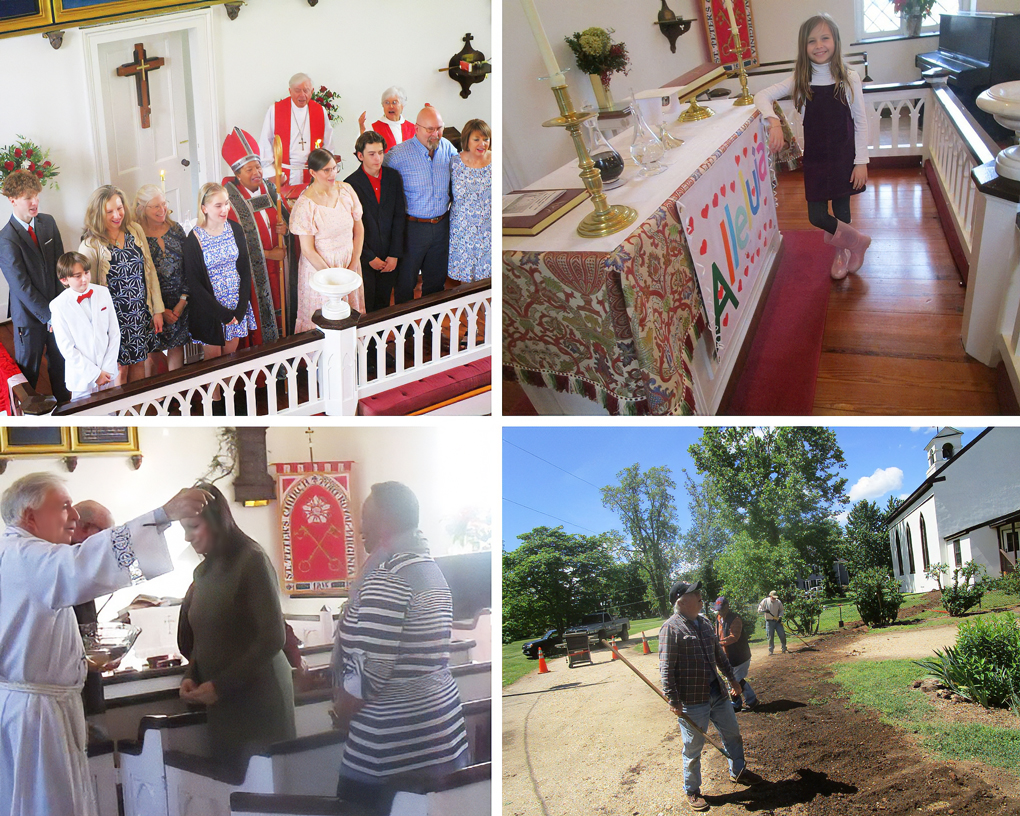I. Theme – Compassion and Healing

"Jesus heals the bleeding woman" – From the Catacomb of Sts Marcellinus and Peter
The lectionary readings are here or individually:
Old Testament – Lamentations 3:21-33
Psalm – Psalm 30
Epistle –2 Corinthians 8:7-15
Gospel – Mark 5:21-43
Today’s readings encourage us to remember God’s goodness and act toward others with the same unflinching generosity and compassion. Lamentations reminds those who are suffering that God’s goodness will surely come. Paul encourages the Corinthians to offer their surplus of wealth to other communities who are in need. In the gospel, Jesus brings the daughter of Jairus, a synagogue official, back to life in anticipation of his own resurrection.
We are called to live for others and not for ourselves. We are called to share what we have with others and to be in solidarity with the poor and the marginalized. We are called, most of all, to remember that God’s love endures forever, and that at times we need to wait, and not lose hope. The woman who suffered for many years in Mark’s Gospel did not lose hope, neither did Jairus in the time of crisis for his daughter. We know that God through Jesus Christ gives us new life, a life that transcends death, a life that calls us into solidarity with others and to share what we have, for Christ lived not for himself but for all; we also are called not to live for ourselves but for others.
The Judeo-Christian concern for the poor and needy has become overwhelming in this day when the whole world of nations is at our doorstep. We hardly know how to respond. International economic injustices prevent the distribution of national resources on the basis of simple human need. Welfare and many other social obligations have largely become the responsibility of governmental agencies and institutions. We are not too conscious of the individual injunction to be our brother’s keeper.
Still, those who live under biblical mandates do what they can to relieve human need, as they are able. “For if the readiness is there, it is acceptable according to what a man has, not according to what he has not.” Voluntary and secret pledging may be hazardous to the Church, but it is in the spirit of what we are called to do. As Paul says, “…so that your readiness in desiring it may be matched by your completing it out of what you have.”
The motivation for such stewardship of our resources is our response to Jesus’ voluntary poverty that we “might become rich.” If our gratitude and love for his life given for us is genuine, we are spontaneous givers. Paul equates liberality with our desire to fulfill the will of God, who has given us all that is necessary for our well-being. What and how we give it is really a matter between ourselves and God and reflects our relationship with God.
The passage from Mark seems incongruous with today’s other readings, but it may be related squarely to our sense of gratitude. There are two open secrets in the Gospel of Mark. One is that Jesus is lord over all life in both the natural and spiritual worlds, if we have eyes to see and ears to hear. The signs of God’s kingdom come in Christ are staked out all over the countryside if we can but read them in his words and deeds. The other secret is that faith alone will enable us to receive the blessings Jesus brings to the world.
For the first time in Mark’s gospel, a respectable member of society “falls at Jesus’ feet.” Whatever mixture of motives he might have, the ruler of the synagogue also has some faith that Jesus can help his dying child. Jesus recognizes the quantum of faith in Jairus and responds to it. Our lord is quick to respond to any budding faith, no matter how it is mixed with self-serving interests.
But the little girl dies before Jesus reaches her. Why trouble him further when death strikes in the midst of hope? We say “where there is life there is hope.” But Jesus, already challenged and victorious over the violence of nature and demonic forces, goes immediately to meet death head-on and calls the daughter of Jairus out of her “sleep.”
God is not the God of the dead but the living. “I am the resurrection and the life…He that believes in me, though he die, yet shall he live.” So Jesus vanquished death also, demonstrating that he is lord even over the last enemy of life.
Jesus has proved how genuine is his love for us. Our gratitude moves us to find our brothers and sisters in need and carry on his gracious work.
Read more








